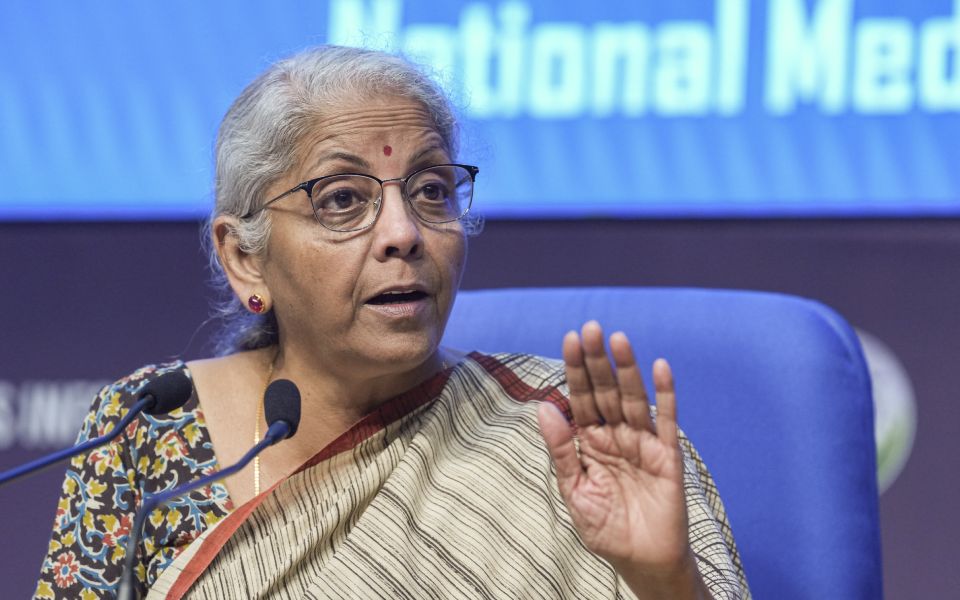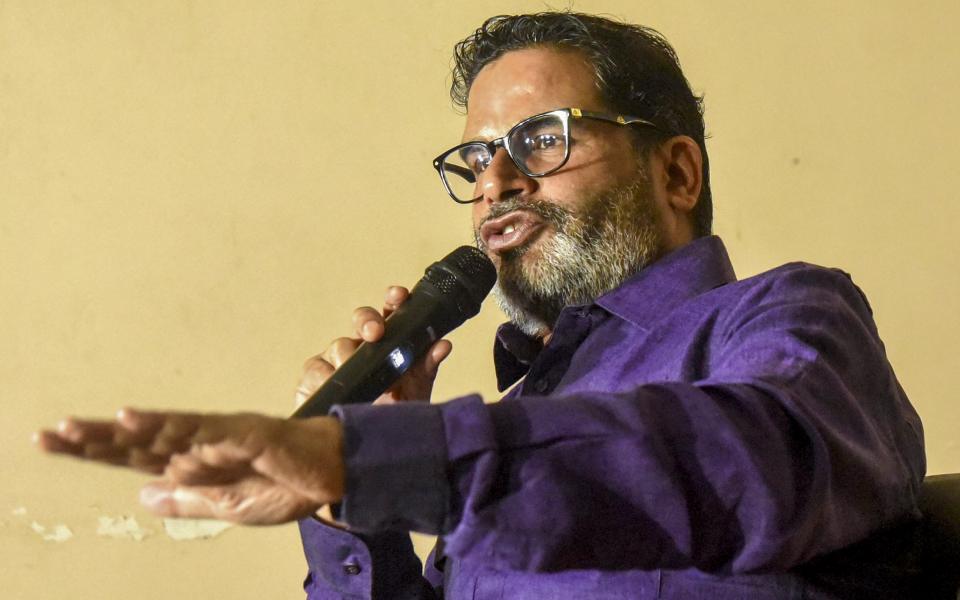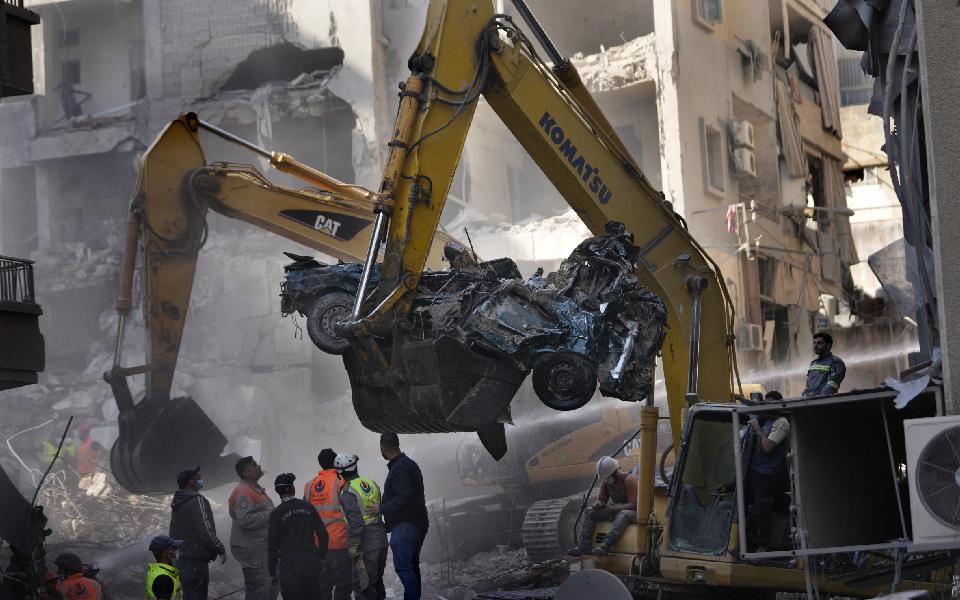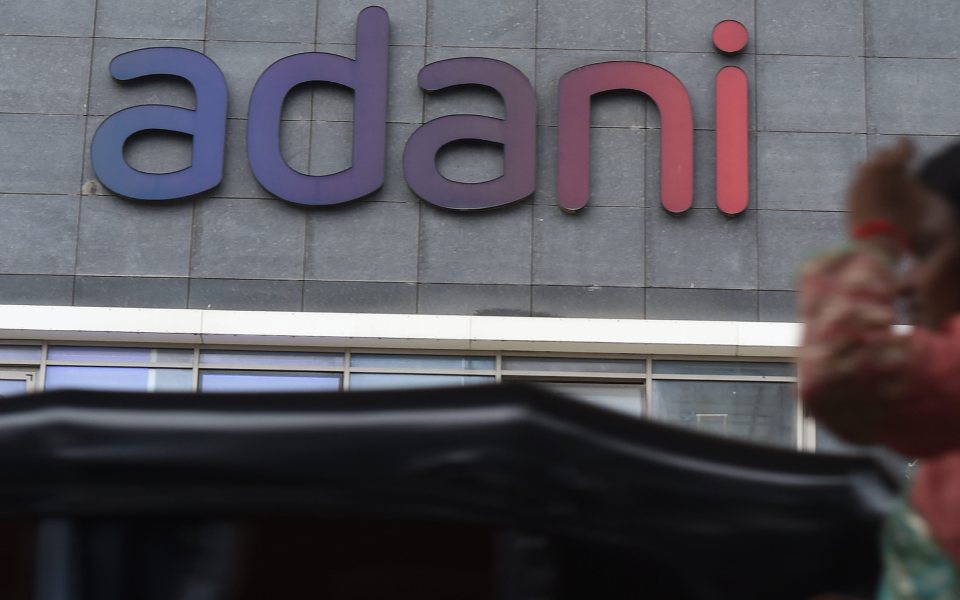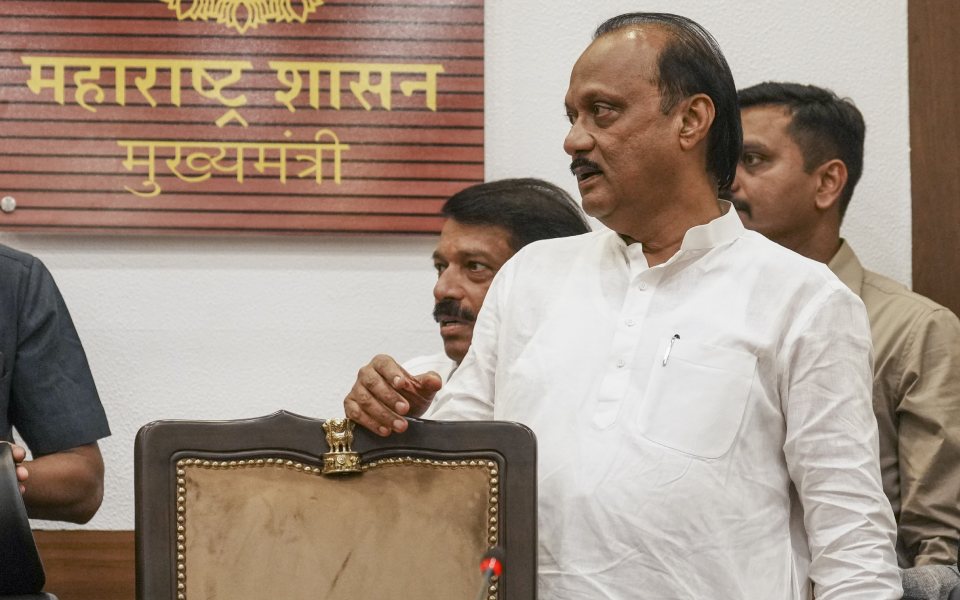Bengaluru, Nov 9: Union Finance Minister Nirmala Sitharaman on Saturday said that the Rs 100 crore credit guarantee scheme for MSMEs which was announced in the budget this year will soon be placed before the Union Cabinet for approval.
Highlighting the five announcements made in this budget for MSMEs she said, "the introduction of a special credit guarantee corpus to help MSMEs will be very helpful during the time of distress...."
"The Rs 100 crore credit guarantee scheme will soon be placed before the cabinet. Immediately after getting approval from cabinet, the scheme that will provide guarantee through MSME ministry and banks will be implemented," the Union Finance Minister said, while attending the National MSME Cluster Outreach Programme here.
"The grievance, which has been there for a very long time, is that the MSMEs can get working capital from banks but they don't get term loans, loans for plant and machinery. Now the guarantee will be provided under the scheme," she explained.
Further stating that there is no need for a third party guarantee and collateral, Sitharaman said, "the Government gives you the guarantee power of Rs 100 crores, then public sector banks will develop a new credit assessment model."
Lauding Karnataka for its contribution in the MSME sector, she said, the state has 35 lakh MSMEs, and they provide 1.65 crore employments.
Highlighting the role of Small Industries Development Bank of India (SIDBI), the Finance Minister said, "the SIDBI understands small businesses. It can deal with MSMEs credit requirements and (provide) tailor made products for the credit requirement of MSMEs, and that is why SIDBI's presence in MSME clusters will do immense benefit for the MSMEs."
"....within a matter of two to three years, SIDBI, will be present physically in every MSME cluster. Now they are expanding little by little. SIDBI will open 25 branches in clusters this year, but gradually they will be moving towards every cluster a SIDBI," she said .
Earlier in the day, Sitharaman also chaired a meeting here to review performance of 10 Regional Rural Banks (RRBs)of the Southern Region, covering the five states of Andhra Pradesh, Karnataka, Kerala, Tamil Nadu and Telangana apart from the Union Territory of Puducherry.
During the meeting, she urged RRBs to increase credit disbursement under various Government of India flagship schemes such as MUDRA, PM Vishwakarma, with the active support of their sponsor banks.
According to an official statement, the meeting focused on business performance, upgrading digital technology services, and fostering business growth in activities allied to agriculture and micro and small industry
The Union Minister also directed RRBs to increase their share in ground level agriculture credit disbursement with special focus on allied agriculture activities like dairy, animal husbandry, fisheries etc, and to take necessary steps to realise the full potential of allied agriculture activities in the region.
"RRBs and sponsor banks were specially directed to work with respective state government departments to increase credit disbursement to fisheries sector in Kerala and dairying sector in Telangana," it stated.
Specific emphasis was placed on reinforcing credit support to MSMEs and streamlining customer onboarding processes through digital innovations.
"Sitharaman also stated that all RRBs should devise a strategy for MSME credit with customised products aligning with cluster activities and conduct special outreach programmes with convergence and awareness regarding the various Government of India schemes. She said that the RRBs should explore to leverage digital platforms of SIDBI and seek MSME refinance from it," the statement added.
Let the Truth be known. If you read VB and like VB, please be a VB Supporter and Help us deliver the Truth to one and all.
Patna, Nov 23: Political strategist turned activist Prashant Kishor on Saturday dubbed as "a matter of concern" the NDA's win in assembly by-polls in Bihar despite "failure" of the BJP-led coalition to end the state's chronic backwardness during it's decades-long rule.
Talking to reporters here shortly after the results were out, Kishor also drew succour from the fact that his fledgling Jan Suraaj won "10 per cent" of the total votes polled in four seats, but rubbished the claim that it had played a role in the RJD's defeat in three of these.
"RJD is a 30-year-old party. The son of its state president finished third. Can Jan Suraaj be faulted for that? In Belaganj all Muslim votes went to the JD(U) candidate. In Imamganj, the Jan Suraaj cut into NDA votes. Else, the victory margin of (Union minister) Jitan Manjhi's Hindustani Awam Morcha would have been bigger", asserted Kishor.
Notably, Imamganj, a reserved seat, was retained by Manjhi's daughter-in-law Deepa, who defeated the RJD candidate by a thin margin of less than 6,000 votes. Jan Suraaj candidate Jitendra Paswan finished third, polling more than 37,000 votes.
When pointed out that in three of the four seats, candidates of Jan Suraaj had polled less than one-sixth of the total votes and ran the risk of losing their deposits, Kishor shot back "That should not be a matter of concern (chinta ki baat). If there is a matter of concern, it is the ability of the NDA to make a clean sweep despite having ruled Bihar for so long and "failed" to end the state's backwardness".
The IPAC founder, who had a brief stint in the JD(U), insisted that the party's supremo Nitish Kumar, the Chief Minister of Bihar, was a "spent force" and its candidate, former MLC Manorama Devi, had won on her own steam.
"We have always said that our fight is with NDA, not with RJD despite its claim of being the largest party in Bihar.....(but) Nitish Kumar is no factor. His party polled just about 11 per cent of total votes", said Kishor.
About his own party's inability to make a mark, Kishor said "We have secured 10 per cent votes..... in seats where Jan Suraaj had no presence since these areas were yet to be covered by my padyatra. Also, please note that we got our poll symbol after filing of nomination papers was over".
He also maintained that the Jan Suraaj will go solo in the assembly polls due next year when it will contest "all 243 seats".
"We were initially written off but by garnering about 10 per cent votes, in a state known to vote along predictable caste lines, we have proved a point. In the next few months we shall be strengthening the organization to ensure that vote share of the Jan Suraaj improves", he said.

